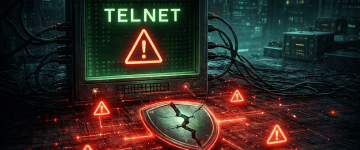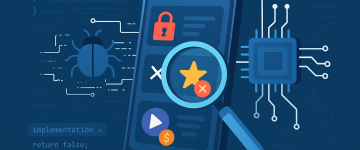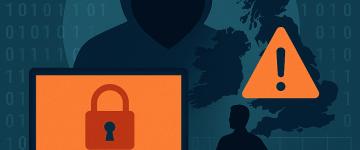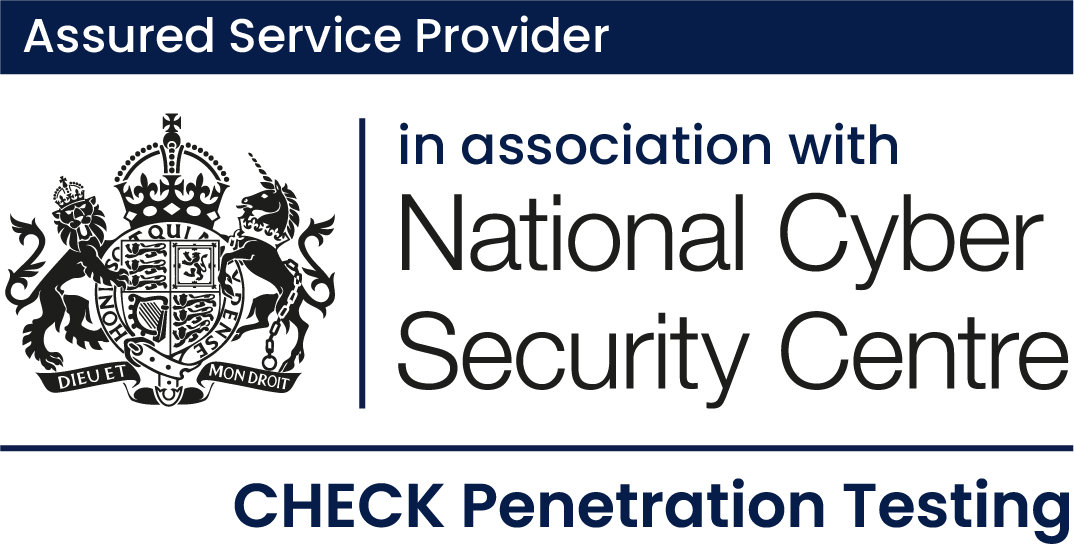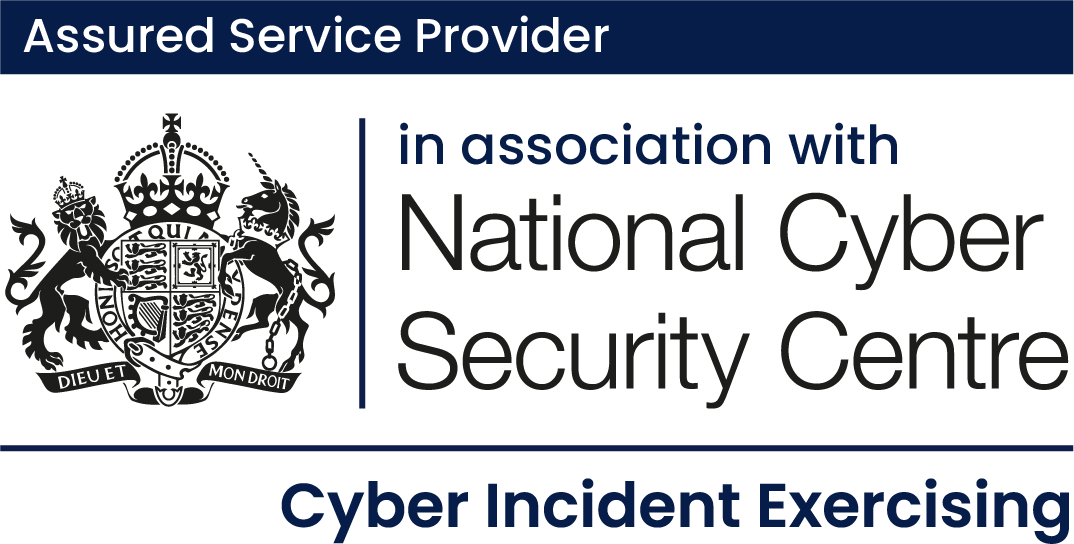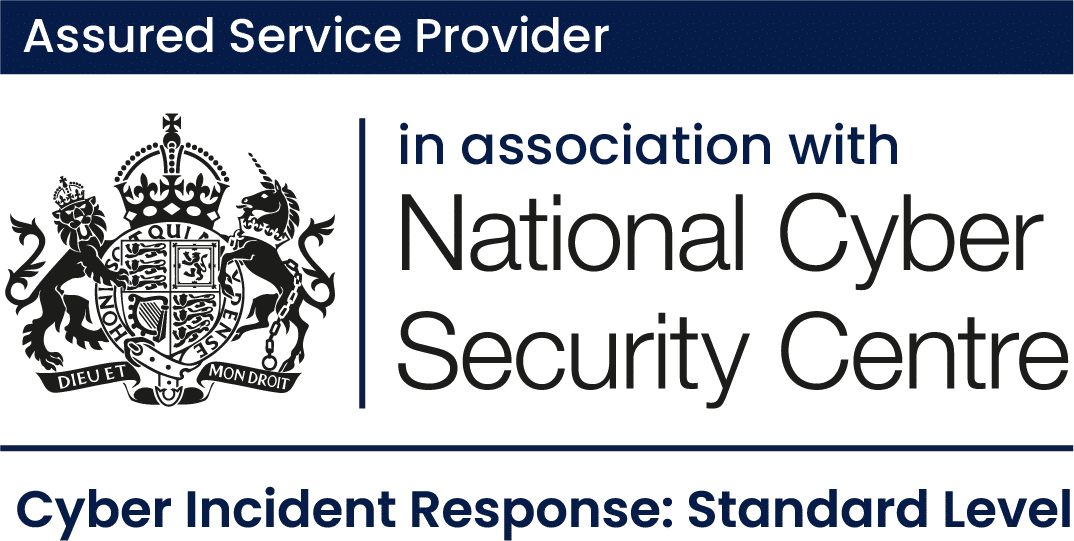Chief Information Security Officers (CISOs) are tasked with safeguarding an organisation’s most valuable assets: its data, intellectual property, and reputation. The role of a CISO has evolved from being an overseer of IT security to a strategic leader who must: anticipate and mitigate complex cyber threats, act as the board’s expert in cybersecurity matters which can affect the business, and recognise then balance the risks, costs and timescales of different activities to enhance an organisation’s security capabilities. One way to help navigate this challenging terrain effectively is to adopt an adversarial mindset—one that thinks like the enemy, predicts their moves, and pre-emptively counters their tactics.
Understanding the Adversarial Mindset
An adversarial mindset involves thinking like a hacker or cybercriminal. It is about understanding the motivations, strategies, and techniques that threat actors use to infiltrate and conduct their activities. By adopting this perspective, CISOs can proactively find vulnerabilities, predict potential attacks, and implement robust defences.
This approach is not about being paranoid; it is about being prepared. It helps CISOs to stay ahead of the curve and protect their organizations from ever-evolving threat landscapes.
Why CISOs Need to Think Like Hackers
Predicting and Pre-empting Attacks
Hackers are innovative and constantly evolving their methods. By thinking like them, CISOs can predict the next move of a cybercriminal and act before an attack occurs. This initiative-taking approach enables the security team to find potential weaknesses and address them before they can be exploited. This can be cultivated with Threat Intelligence to understand who is likely to target the organisation and what their motivations are.
Building Resilient Systems:
A CISO with an adversarial mindset will scrutinize systems from an attacker’s perspective. This means questioning every aspect of the security architecture, finding weak points, and reinforcing them. This can be achieved by melding security teams, developers, and system architects together when designing new systems, supported with robust security testing. This should then be integrated with annual or biennial red team tests to understand how those systems have been integrated into the organisation and understand the attack paths an adversary is likely to take to compromise systems.
Understanding the Human Element:
Cybersecurity is not just about technology; it is also about people. Social engineering attacks, like phishing, rely on exploiting human behaviour. CISOs who think like attackers can better educate their employees on recognising and avoiding these traps, thus reducing the risk of human error leading to a breach. The right phish at the wrong time makes any individual vulnerable; CISOs who understand this and embrace a culture where this accepted and expected allows them to address it effectively, and means an employee is more likely to report a breach, resulting in a higher likelihood of a successful mitigation.
Adapting to Emerging Threats:
The threat landscape is dynamic, with new vulnerabilities and attack vectors emerging regularly. An adversarial mindset keeps CISOs on their toes, encouraging continuous learning and adaptation. This mindset fosters a culture of vigilance within the organisation, ensuring that the security posture evolves alongside the threat landscape. This can be enhanced by sharing knowledge across the business of emerging threats rather than hording it to security teams. By keeping the business informed the business can react more effectively, introducing more controls and procedures to address threats and support the security teams in protecting the business.
Enhanced Incident Response:
When a breach occurs, the speed and effectiveness of the response are critical. CISOs who understand an attacker’s mindset can more quickly identify the nature of the attack, trace its origin, and contain it before it causes considerable damage. This ability to think like the enemy can significantly reduce the impact of a breach. This, like any response capability needs to be regularly exercised – both theoretically with tabletop exercises and practically with red teams. Like holding a fire drill staff, tools, and policies need to be tried out under safe conditions before they can be relied upon in an emergency. A good CISO will arrange for their IR provider to be involved in at least one major exercise a year where the full process is enacted, and any third-party support is fully assessed as well.
Cultivating an Adversarial Mindset
To develop this mindset, CISOs need to engage in continuous learning and stay updated on the latest threat intelligence. Collaborating with ethical hackers, taking part in cybersecurity exercises, and regularly reviewing and updating security protocols are essential practices. Moreover, fostering a culture within the organisation that values security and encourages employees to think critically about potential threats can amplify the effectiveness of the CISO’s efforts.
Additionally, networking with peers in the industry and taking part in cybersecurity communities can offer valuable insights into emerging threats and effective countermeasures. This collective knowledge-sharing can be a powerful tool in staying one step ahead of cyber-threat actors.
Conclusion
The adversarial mindset is a crucial part of a successful cybersecurity strategy. For CISOs, thinking like an attacker is not just a defensive tactic; it is an initiative-taking approach to safeguarding the organisation. By expecting threats, building resilient systems, and fostering a culture of security awareness, CISOs can ensure that their organisations are not just reacting to cyber threats, but staying ahead of them.

